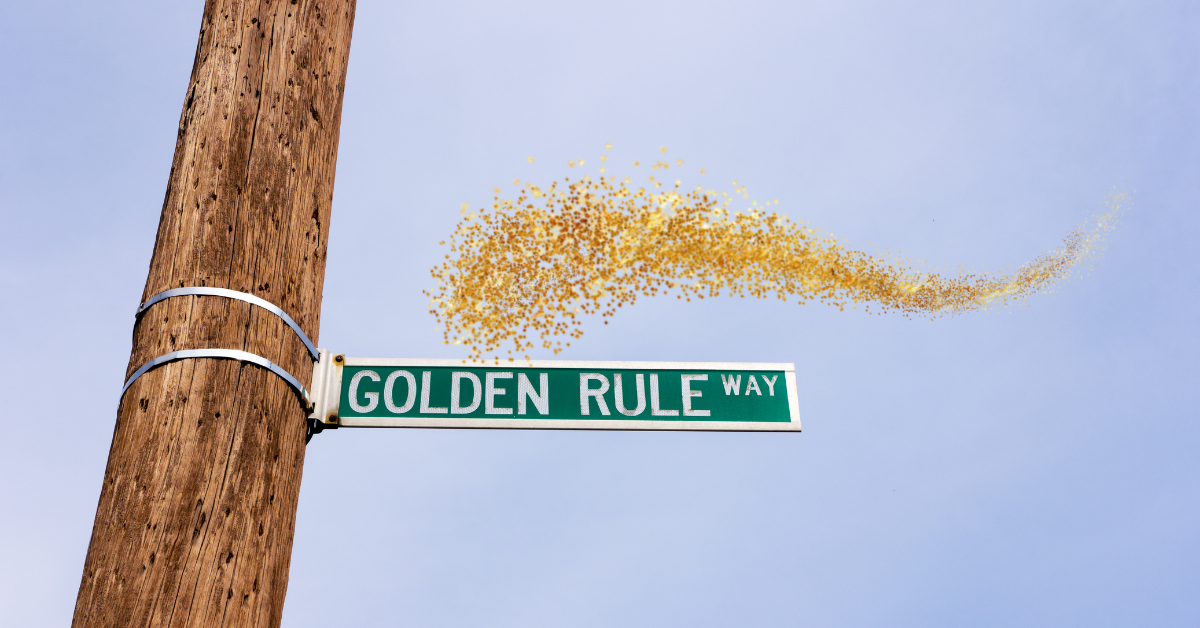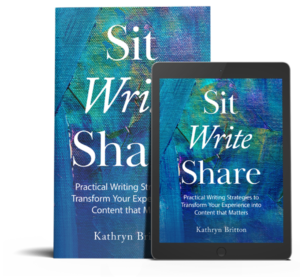Since I launched my book, I have heard from numerous people who make their money helping others market books. How do I figure out which services will feel valuable and which will leave me feeling burned? Even more, what can I learn that will make my own book marketing follow the golden rule, that is, do unto my potential readers what I want done unto me?
When I first became a coach, I received many calls and emails about courses or services for coaches. I said yes to several. Some left me with significant buyer’s remorse. Now that I’m marketing myself, it’s time to pause and think about the signs of that something may not be right for me both to avoid impulse buys and to be authentic marketing to my own customers. I do not want a single one to feel misled.
Take Big Promises with a Grain of Salt
When I first started coaching, I fell for a pitch and signed up for a marketing class that ended up feeling like snake oil. The teacher told us his method allowed him to make a six-figure income and go skiing 3 days a week. I did not have similar results, and I resented contributing to his skiing leisure. To generalize, just because someone else has made money in a particular way doesn’t mean it will work for me or that it will feel good to me.
I am not saying that these people were shysters, though I wish I had had the benefit of Jaime Jenkins’s article about avoiding social media hoaxes before the marketing course.
Recognize that Some Services are Valuable
One of the writers in my workshops hired a PR firm to help her market her book. She was very pleased with the way PR By the Book helped her get on TV shows and podcasts. She received numerous invitations to write for popular journals. If I understand it correctly, she hired them for 6 months and then hired them again when her audible book came out. It cost money, but it brought value.
In this case, she went looking for them instead of the other way around.
Watch Out for Artificial Urgency
Not long after I launched, I received a telephone call from a “meet the elite” group that asked me to do a 5-minute interview. I was eager to talk about my book, and they promised a big audience, so I agreed. Only later did they tell me it was an audition. Before making an offer, they wanted to know if I could talk in a smooth and interesting way.
A few days later, I got the first of several calls making a very hard sell for me to pay what I considered big bucks to be interviewed by a big-name interviewer. My interviews would run on TV and radio multiple channels and be in front of millions of people. Their offer included getting my name on a Times Square marquee. The price kept coming down as I expressed reluctance. “Sign up in the next day, and we’ll offer you a major discount.”
Two things protected me here:
- The Times Square marquee made the whole thing seem slightly ridiculous. Why would I want to have my name and book title up in Times Square?
- Over time I’ve learned to be wary of artificial urgency. Having felt conned a few times by responding to offers that were about to disappear, I make myself sleep on any big-ticket purchase at least one night. When I woke up the next day, I knew my answer was no.
Consider How Much Value You Get from Freebie Offers
I was invited to a class by a hybrid book publisher about how to market a book without wasting time on social media or podcasts. Since those were the two methods I was thinking of using to begin my marketing, the title made me curious.
I did learn one useful thing that I’m happy to share here: In particular, in all book marketing, it is helpful to find keywords with relatively low competition and high demand. For example, on Amazon or in Google searches, how many other sellers are using a particular keyword to label their products? How many buyers are using it in their searches? Looking for the low competition/high demand sweet spot was not a new idea to me, but I hadn’t been aware that there are keyword tools out there that can help you look at both the competition and demand associated with a particular keyword right now.
That was the end of the useful information concerning keywords. I believe the speakers wanted to sell their ability to do the keyword research. They did not provide any do-it-yourself guidance. I left knowing that keyword research could be very valuable but not knowing the best tools to go about it.
This was another pitch loaded with artificial urgency. Just for us, just for the duration of this meeting, they’d cut their price by thousands. I wasn’t strongly tempted, but I did feel it would have been another time to sleep on an offer.
Finally, their pitch was loaded with story after story after story about author successes. I’ve learned the hard way that someone else’s success doesn’t imply that I will be successful. Frankly, after about the 3rd story I got a little bored.
Look Before You Leap
I did fall prey to a hard sell the summer before I finished my book. After receiving email after email from a company that collects authors to write articles that they then market to various publications, I agreed to a call. In the call, the representative made a very convincing case and told me that if I acted immediately, I’d get $100 off the price. I thought it might be a way to build name recognition, and I wasn’t smart enough to resist the artificial urgency.
Later I found two things:
- Many of the articles on their web site were about horoscopes and things of that ilk. I didn’t want my articles to show up in that background.
- I just didn’t want to write for them. I couldn’t make myself do it.
I ended up writing off the subscription as the cost of reinforcing my resolution always, always to sleep on an offer.
Key Book Marketing Takeaways
Here are my personal takeaways:
As a buyer:
- Take enough time when making decisions that involve significant expenditure.
- If it sounds too good to be true, it probably is.
As a seller:
- Don’t overdo the success stories. Mileage varies with any offering.
- Urgency sometimes helps people make decisions, but avoid making things so urgent that your potential customers can’t sleep on a decision at least one night.
- Give people a way to back out if they truly experience buyer’s remorse.
Last but not least,
- Give significant value in freebies, preferably in a way that gives people a good experience that leaves them wanting more.
- Remember the golden rule. Put yourself in your customer’s place and ask yourself how you’d feel in both the short and longer term.

